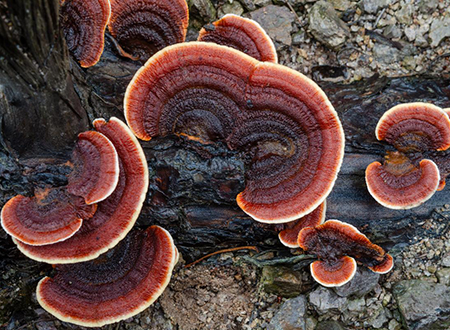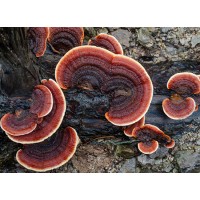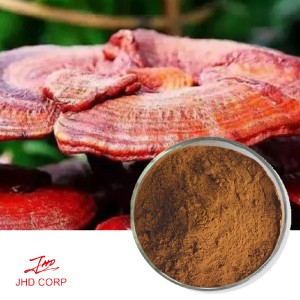Can Reishi Mushroom Extract Delay Parkinson's Syndrome?
While preliminary research suggests that Reishi mushroom extract holds potential for delaying the progression of Parkinson's syndrome through its neuroprotective properties, more comprehensive studies are required to validate these claims.
Parkinson's disease (PD) is a progressive neurodegenerative disorder that affects millions worldwide. Characterized by motor symptoms such as tremors, rigidity, and bradykinesia, as well as non-motor symptoms like cognitive decline and sleep disturbances, Parkinson's remains a condition with no definitive cure. Recent research into natural compounds has sparked interest in the potential role of Reishi mushroom extract powder in managing or delaying the progression of this debilitating disease.
Reishi mushroom (Ganoderma lucidum), a staple in traditional Chinese medicine, is renowned for its antioxidant, anti-inflammatory, and neuroprotective properties. These attributes have made it a subject of interest in the context of neurodegenerative diseases, including Parkinson's. The primary compounds in Reishi mushroom—triterpenoids, polysaccharides, and peptidoglycans—are believed to contribute to its therapeutic potential.
One of the key pathological features of Parkinson's disease is the accumulation of alpha-synuclein protein aggregates in the brain, leading to neuronal damage. Oxidative stress and inflammation further exacerbate this process. Studies suggest that the bioactive compounds in Reishi mushroom may help mitigate these effects. For instance, its strong antioxidant properties could reduce oxidative damage to dopaminergic neurons, while its anti-inflammatory effects may alleviate neuroinflammation, both of which are critical factors in Parkinson's progression.

Additionally, some preclinical studies have demonstrated that organic Reishi mushroom extract powder may enhance mitochondrial function and promote neuronal survival. These findings indicate a possible role in protecting against the loss of dopamine-producing neurons, which is a hallmark of Parkinson's disease.
However, while promising, the evidence supporting Reishi mushroom extract as a treatment or preventive measure for Parkinson's is still in its early stages. Most studies to date have been conducted on animal models or in vitro systems. Clinical trials involving human participants are limited, and more robust research is needed to establish its efficacy, optimal dosage, and safety profile for Parkinson's patients.
It's also important to note that natural supplements like Reishi mushroom extract bulk should not be viewed as standalone treatments. Instead, they may serve as complementary interventions alongside established therapies such as levodopa or deep brain stimulation. Patients considering the use of Reishi mushroom extract should consult their healthcare provider to ensure it aligns with their overall treatment plan and does not interfere with existing medications.















